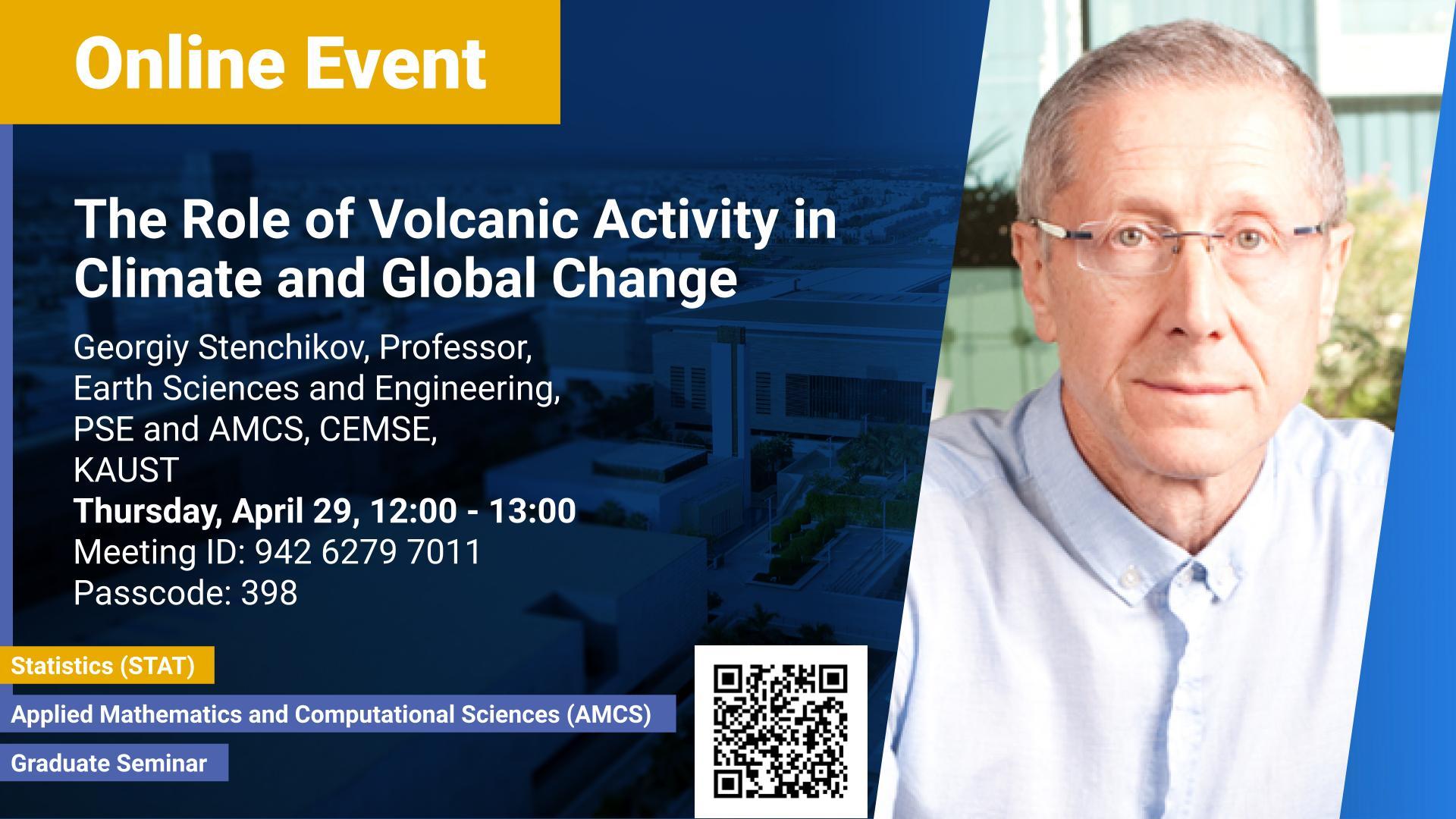Abstract
Explosive volcanic eruptions are magnificent events that in many ways affect the Earth’s natural processes and climate. They cause sporadic perturbations of the planet’s energy balance, activating complex climate feedbacks and providing unique opportunities to better quantify those processes. We know that explosive eruptions cause cooling in the atmosphere for a few years, but we have just recently realized that they affect the major climate variability modes and volcanic signals can be seen in the subsurface ocean for decades. The volcanic forcing of the previous two centuries offsets the ocean heat uptake and diminishes global warming by about 30%. In the future, explosive volcanism could slightly delay the pace of global warming and has to be accounted for in long-term climate predictions. The recent interest in dynamic, microphysical, chemical and climate impacts of volcanic eruptions is also excited by the fact these impacts provide a natural analog for climate geoengineering schemes involving the deliberate development of an artificial aerosol layer in the lower stratosphere to counteract global warming.
In this talk, I will discuss these recently discovered volcanic effects and specifically pay attention to how we can learn about the hidden Earth-system mechanisms activated by explosive volcanic eruptions.
Brief Biography
Dr. Stenchikov completed his PhD in the Numerical and Analytical Study of Weak Plasma Turbulence at Moscow Physical-Technical Institute in 1977. Afterward, he headed a department at the Russian Academy of Sciences, which used computational analysis to carry out crucial early research into the impact of humans on Earth’s climate and environmental systems. From 1992 until 1998, Dr. Stenchikov worked at the University of Maryland in the USA, after which he held a position as a Research Professor in the Department of Environmental Sciences of Rutgers University for almost a decade. Since 2009, he has been a Professor and a Chair of the Earth Sciences and Engineering Program at King Abdullah University of Science and Technology in Saudi Arabia. His work has brought about important advances in fields including climate modeling, atmospheric physics, fluid dynamics, radiation transfer, and environmental sciences. Dr. Stenchikov co-authored the Nobel Prize-winning report from the Intergovernmental Panel on Climate Change IPCC-AR4 of 2007.
